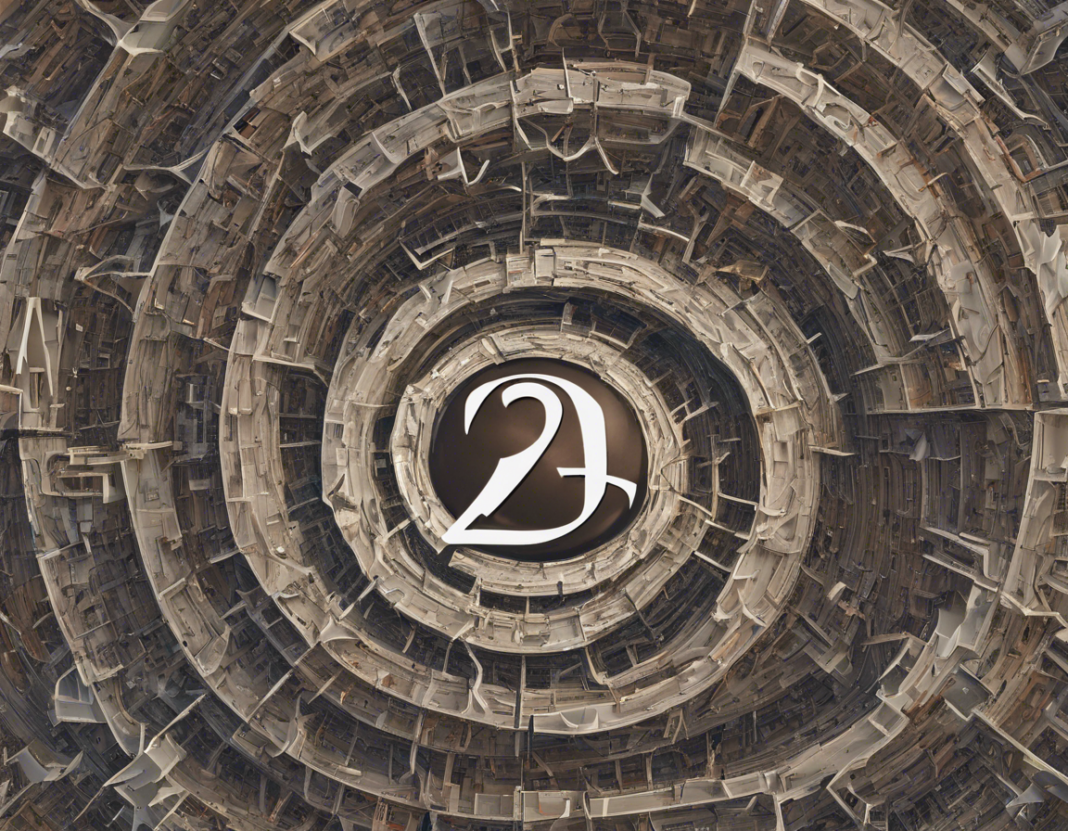Are you looking to determine if the number 29 is a prime number? Let’s delve into the concept of prime numbers, understand what they are, and then explore if 29 qualifies as one.
Understanding Prime Numbers
Prime numbers are the building blocks of the integer world. They are natural numbers greater than 1 that have only two factors: 1 and the number itself. In other words, a prime number is a number that is divisible by only 1 and itself. For example, 2, 3, 5, 7, 11, and so on, are prime numbers.
Is 29 a Prime Number?
Now, let’s apply this definition to the number 29.
- The factors of 29 are 1 and 29.
- Since 29 has only these two factors and is only divisible by 1 and 29, we can confirm that 29 is indeed a prime number.
Properties of Prime Numbers
Prime numbers possess several unique properties that set them apart:
1. No Divisors: Prime numbers have only two divisors, 1 and the number itself.
2. Fundamental Theorem of Arithmetic: Every integer greater than 1 can be represented as a product of prime numbers in a unique way.
Importance of Prime Numbers
Prime numbers play a crucial role in various mathematical applications, such as:
– Cryptography: Used in encryption methods to secure data.
– Number Theory: Form the basis for many theorems and concepts.
– Computing: Essential in algorithms and computations.
How to Identify Prime Numbers
When dealing with larger numbers, determining if they are prime can be challenging. Here are some tips and tricks to help identify prime numbers:
– Trial Division: Check divisibility by smaller primes.
– Sieve of Eratosthenes: A method to generate a list of prime numbers.
– Primality Tests: Algorithms like Fermat’s Little Theorem and Miller-Rabin test for large primes.
FAQs about Prime Numbers:
- Can 1 be a prime number?
-
No, 1 is not considered a prime number as it has only one factor, which violates the definition of a prime number.
-
Are there an infinite number of prime numbers?
-
Yes, Euclid proved that there are infinitely many prime numbers.
-
Can even numbers be prime?
-
Except for 2, all other even numbers are divisible by 2 and hence not prime.
-
What is the largest known prime number?
-
As of now, the largest known prime number is 2^82,589,933−1, a number with over 24 million digits.
-
Do prime numbers follow any pattern?
- Prime numbers do not follow a specific pattern as they are randomly distributed along the number line.
In conclusion, prime numbers are fascinating mathematical entities with unique properties and applications. Understanding them not only enriches our knowledge of mathematics but also underpins various real-world uses, such as cryptography and computing.

